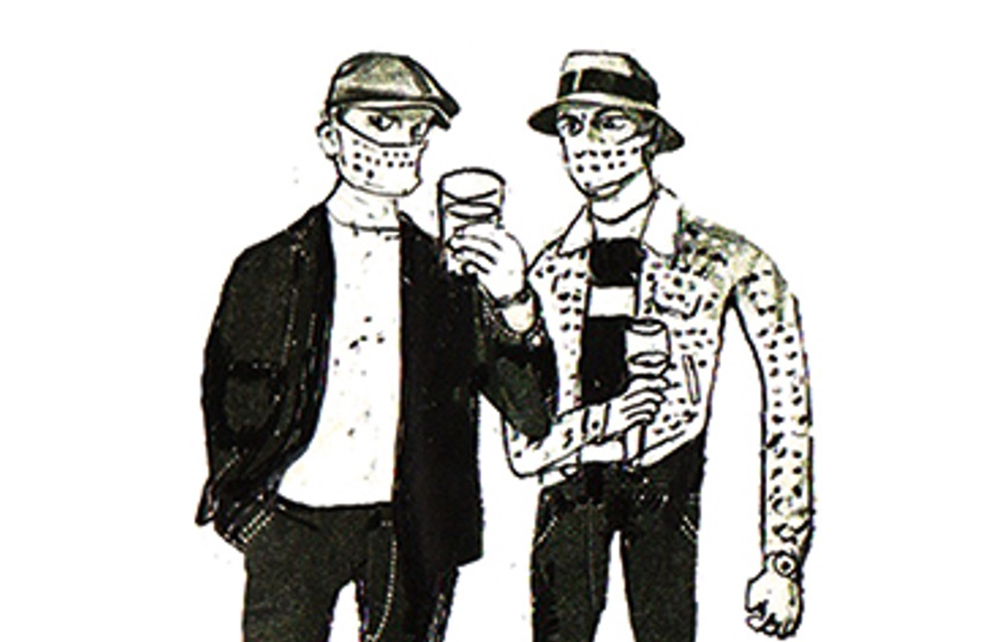Some readers will recall the furore five years ago about the Presidents Club charity dinner at the Dorchester. The Financial Times sent two undercover journalists to work as ‘hostesses’ at the annual fundraiser and their report made uncomfortable reading for the big hitters in attendance, including Nadhim Zahawi. It was not just a men-only event, but the 130 hostesses were instructed to wear skimpy black outfits with matching underwear, and several were groped, sexually harassed and propositioned at a party following the dinner. In the ensuing scandal, the co-chairman resigned as a non-executive director of the Department for Education and one guest was removed from the Labour front bench in the Lords.
But the waitresses couldn’t sue the Presidents Club because employers aren’t liable for the harassment of their workers by third parties. Indeed, a warning in the event’s brochure made this clear, asking the guests not to molest staff and cautioning them that the club would accept no liability if they were sued for sexual harassment.
This state of affairs, which many would accept is wrong, is about to change. Thanks to government support, a private members’ bill by the Lib Dem MP Wera Hobhouse to protect employees from third-party harassment sailed through the Commons last week and is on its way to the Lords. Unfortunately, it poses a grave threat to free speech.
Employers will have a legal duty to protect their workers from overhearing any ‘upsetting’ remarks
The difficulty arises because the legislation Hobhouse and the government are proposing to amend is the Equality Act 2010. Among other things, this imposes a legal duty on employers to protect workers from harassment by other employees, defined as ‘unwanted conduct relating to a protected characteristic’ (age, disability, gender reassignment, race, religion or belief, sex or sexual orientation) if that conduct has the purpose or effect of ‘creating an intimidating, hostile, degrading, humiliating or offensive environment’. The bill will expand that duty so bosses will be liable for harassment of employees by members of the public they come into contact with while doing their jobs.
If we were just talking about sexual harassment, that would be one thing. But the bill extends third-party liability to every type of ‘unwanted conduct’ prohibited by the Equality Act, including overheard comments. You may think I’m making that up, but in 2017 an employment tribunal awarded £1,000 to a former administrative assistant at the law firm Shoosmiths who was upset when she overheard another employee say ‘struggling immigrants should go back to their country’. The tribunal found it ‘reasonable’ for the woman – an immigrant herself – to be upset, even though the remark wasn’t directed at her, and her harassment claim was upheld.
Such findings have poisoned the atmosphere in offices up and down the country, with employers frantically trying to limit their legal liability by banning an ever-expanding list of phrases, forcing staff to undergo ‘unconscious bias training’ and insisting they declare their preferred pronouns to curry favour with trans and non-binary employees. If the Hobhouse bill becomes law, this climate of fear will spread. Employers will have a duty to protect their workers from overhearing ‘upsetting’ remarks made not only by colleagues, but also by third parties.
At the moment, the Equality Act cannot be invoked to prevent, say, Kathleen Stock participating in a debate about trans rights at Bristol, however disagreeable some activist members of staff are likely to find her comments, because she’s not a university employee. But post-Hobhouse, visiting speakers on campus will be within the scope of the act.
After I and others pointed this out to Kemi Badenoch, the minister for women and equalities, the government amended the bill so speech that involves ‘an expression of opinion on a political, moral, religious or social matter’ is protected. That’s a small improvement, but what about pub banter and football chants? If a barmaid or stadium steward overhears something they find upsetting that relates to a protected characteristic, even if it isn’t addressed to them, they can still sue their employers for harassment. To mitigate this risk, the owners will inevitably start policing their customers’ speech. Anyone telling a dirty joke or asking a referee if he’s blind could face a lifetime ban.
During last summer’s Tory leadership campaign, Rishi Sunak said he’d had enough of ‘woke nonsense’ and promised to reform the Equality Act if he became PM. It looks like he’s going to do that, but in a way that makes ‘woke nonsense’ ten times worse.







Comments